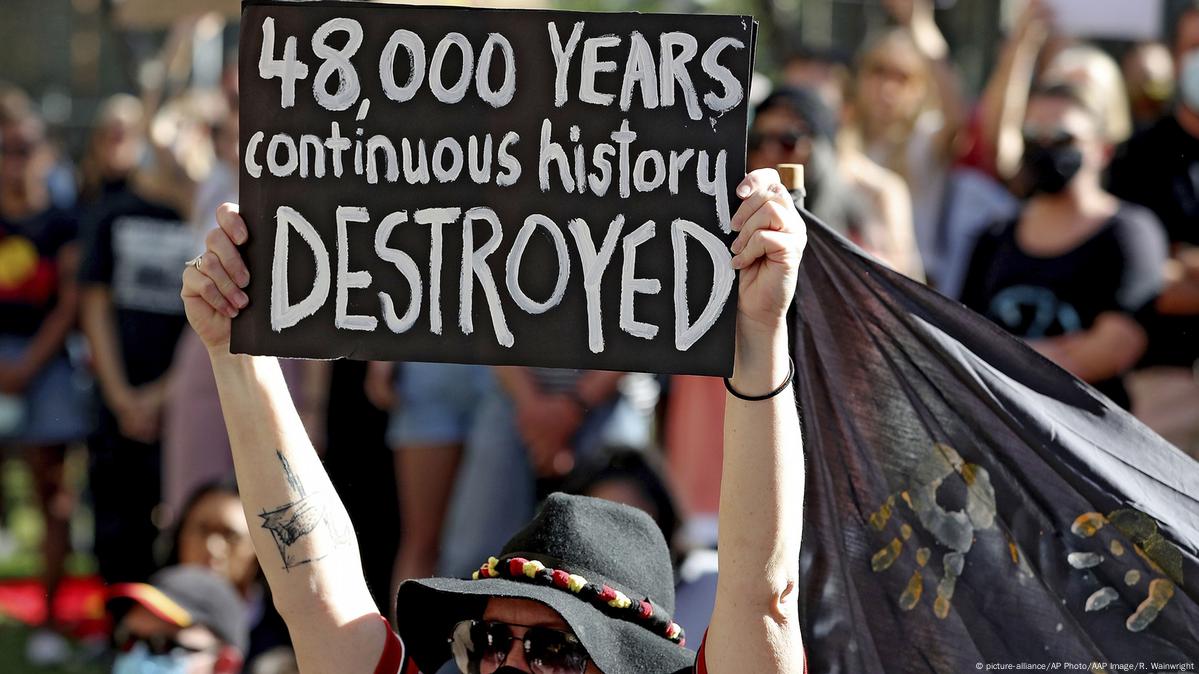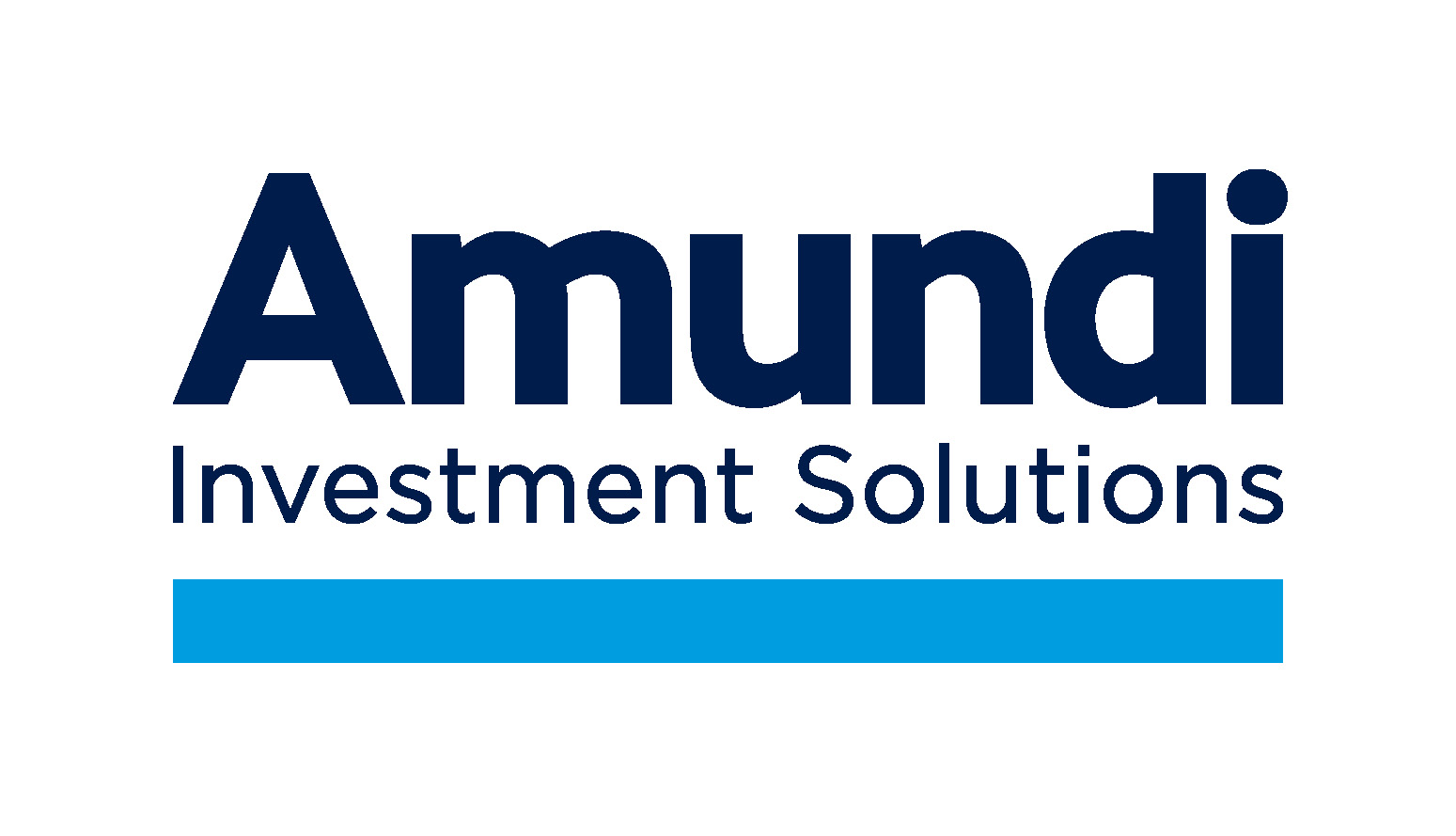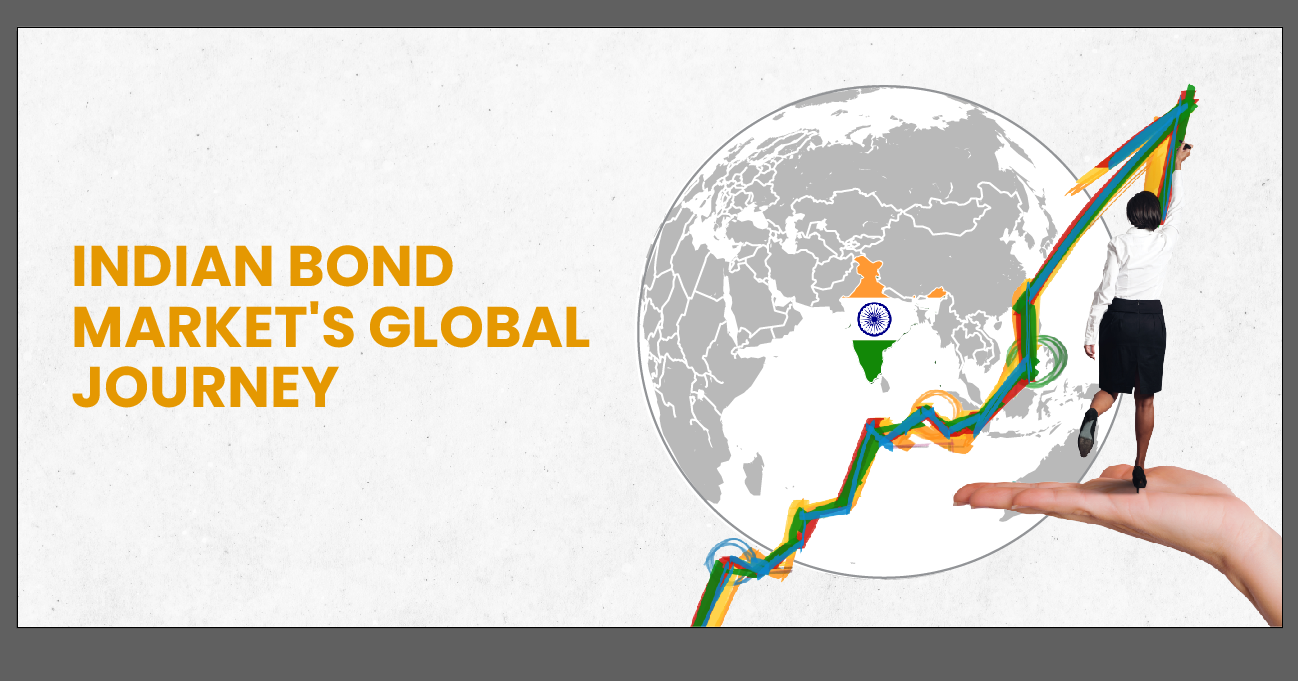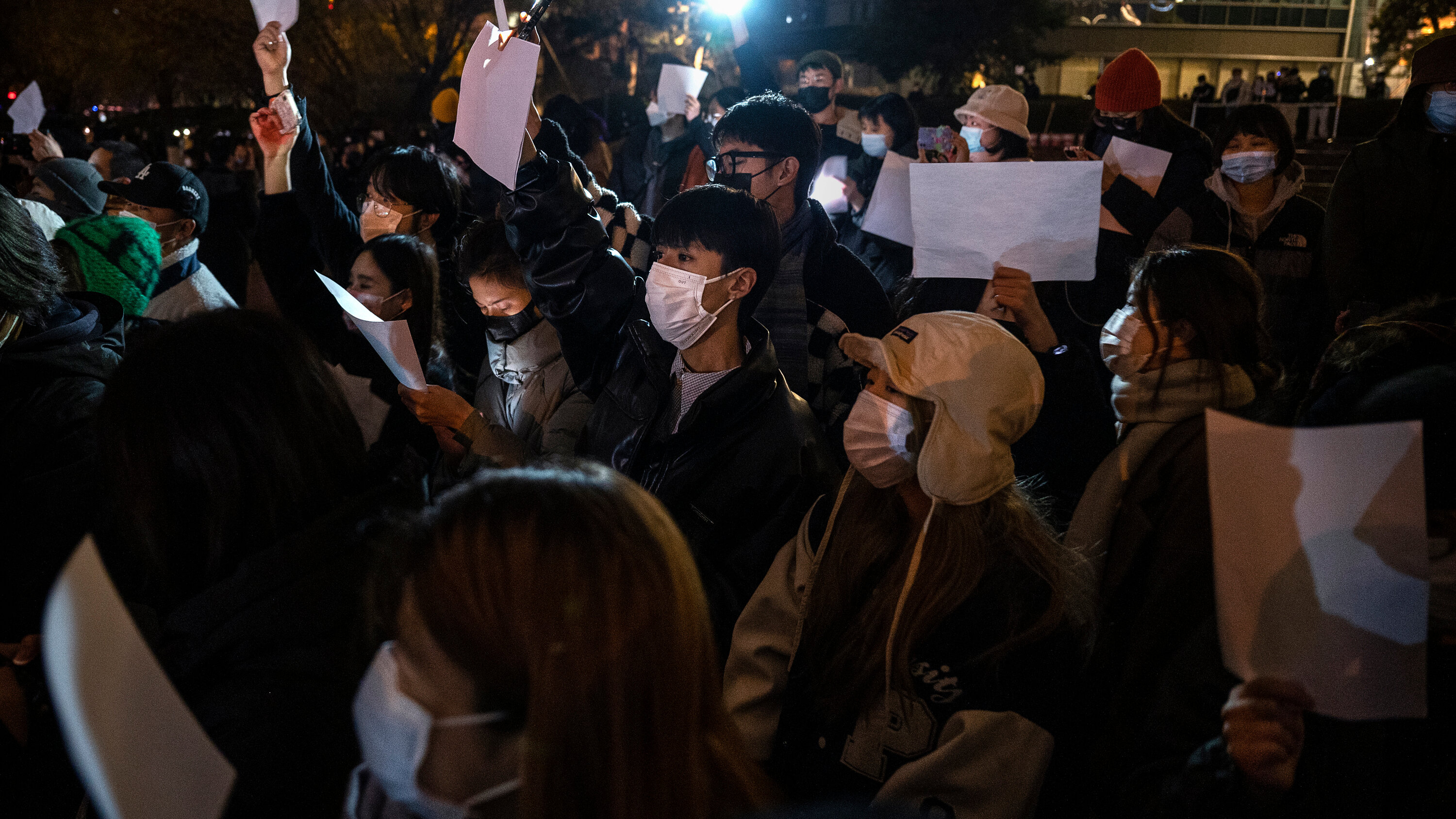Return To Growth: Bangladesh's Focus On European Collaboration

Table of Contents
Strengthening Trade Relations with the EU
The potential for increased trade with the European Union is a cornerstone of Bangladesh's "Return to Growth" strategy. The Everything But Arms (EBA) initiative, granting duty-free access to the EU market for most Bangladeshi products, plays a crucial role. This preferential access has significantly boosted Bangladeshi exports, particularly in key sectors.
- Ready-Made Garments (RMG): The RMG sector remains the backbone of Bangladesh's economy, and increased EU demand has spurred significant growth. Improved factory conditions and adherence to EU labor standards are vital for sustained success.
- Jute Products: Bangladesh, known for its high-quality jute, benefits from increased EU demand for sustainable and eco-friendly packaging materials. This sector shows significant potential for growth with further collaboration.
However, challenges remain. Meeting stringent EU standards on labor rights, environmental regulations, and product safety is crucial for maintaining EBA benefits. Bangladesh is actively working to improve its regulatory framework and promote ethical manufacturing practices to address these concerns.
- Successful Collaborations: Several successful joint initiatives between Bangladeshi and EU businesses have demonstrated the potential for win-win partnerships. These include technology transfer programs focused on improving efficiency and sustainability in the RMG sector.
- Increased Export Volumes: Data reveals a steady increase in export volumes to the EU since the implementation of EBA, showcasing the effectiveness of the initiative and the potential for further growth.
- New Market Access Opportunities: The EU market provides a gateway to broader European and global markets for Bangladeshi goods. This access helps diversify export destinations and reduce reliance on single markets.
Investment and Development Cooperation
European investment is playing a crucial role in Bangladesh's infrastructure development, bolstering its "Return to Growth." The European Investment Bank (EIB), along with other EU funding mechanisms, provides substantial financial support for key projects.
- Renewable Energy: Investments in renewable energy infrastructure are vital for sustainable growth and reducing carbon emissions. European companies are actively participating in developing solar and wind power projects in Bangladesh.
- Transportation: Improvements to Bangladesh's transportation infrastructure are essential for economic development. EU funding has supported projects focused on road, rail, and port development, improving connectivity and trade efficiency.
- Technology: Investments in ICT infrastructure and technology transfer initiatives are boosting Bangladesh's digital economy, attracting further investment and fostering innovation.
These investments contribute to job creation, infrastructure improvements, and the achievement of Sustainable Development Goals (SDGs) within Bangladesh.
- Specific Investment Projects: Examples include investments in the construction of modern power plants, the expansion of port facilities, and the development of high-speed internet networks across the country.
- Job Creation: These projects create numerous jobs, boosting employment opportunities and reducing unemployment rates.
- Sustainable Development Initiatives: Focus is placed on environmental sustainability, ensuring projects minimize environmental impact and contribute to cleaner energy sources.
Technological Collaboration and Skill Development
Transferring European technological expertise and enhancing skill development within Bangladesh are vital for its long-term economic competitiveness and its "Return to Growth".
- Technology Transfer: Collaborations focus on transferring cutting-edge technologies in key sectors like RMG, agriculture, and ICT. This technology transfer enhances efficiency and productivity.
- Skill Development Programs: Several initiatives concentrate on providing training and education to equip the Bangladeshi workforce with the skills needed to compete in the global market.
- Joint Research Initiatives: Partnerships between European and Bangladeshi research institutions foster innovation and collaboration on key technological advancements.
These collaborations strengthen Bangladesh's innovation capacity and promote sustainable economic growth.
- Specific Technology Transfer Projects: Examples include initiatives focused on improving garment manufacturing techniques, introducing modern agricultural practices, and strengthening ICT infrastructure.
- Skill Development Programs: This includes vocational training programs, specialized courses in high-demand sectors, and scholarships for higher education in relevant fields.
- Joint Research Initiatives: Collaborative projects in areas such as climate-resilient agriculture, renewable energy technology, and sustainable manufacturing are examples of successful collaborations.
Addressing Challenges and Ensuring Sustainability
While European collaboration offers significant opportunities, addressing potential challenges is crucial for ensuring a sustainable and mutually beneficial "Return to Growth."
-
Dependency: Avoiding over-reliance on European partnerships is key. Diversifying partnerships and fostering domestic capacity building are crucial.
-
Unequal Partnerships: Ensuring fair and equitable partnerships, avoiding exploitative practices, and promoting mutually beneficial agreements are paramount.
-
Environmental Concerns: Integrating environmental sustainability into all collaboration efforts is crucial. This includes promoting green technologies and adhering to international environmental standards.
-
Social Responsibility: Promoting fair labor practices, ensuring worker rights, and supporting community development initiatives are important for long-term success.
-
Risk Mitigation Strategies: This involves carefully assessing potential risks and developing strategies to mitigate them, including diversification of partners and development of strong domestic institutions.
-
Sustainable Practices: Promoting environmentally and socially responsible practices throughout all collaboration efforts is crucial for long-term sustainability.
-
Fair Trade Principles: Adhering to fair trade principles ensures fair compensation for Bangladeshi producers and promotes equitable partnerships.
Conclusion: Securing Bangladesh's Return to Growth Through Continued European Engagement
European collaboration offers significant benefits for Bangladesh's economic growth, boosting trade, attracting investment, and fostering technological advancement. Addressing potential challenges and ensuring sustainable partnerships are vital for achieving a long-term "Return to Growth." Continued and strengthened European collaboration is crucial for Bangladesh's sustained return to growth, creating a brighter future for both regions. Future prospects include expanding collaborations in areas such as climate change adaptation, circular economy initiatives, and further diversification of trade relations. Let's continue to build upon this successful partnership for a prosperous future.

Featured Posts
-
 The Phones Silent Ring A Tale Of Anticipation
May 24, 2025
The Phones Silent Ring A Tale Of Anticipation
May 24, 2025 -
 La Classifica Forbes 2025 I Nuovi Uomini Piu Ricchi Del Mondo
May 24, 2025
La Classifica Forbes 2025 I Nuovi Uomini Piu Ricchi Del Mondo
May 24, 2025 -
 50 000 Accenture Employees To Receive Promotions A Six Month Delay Explained
May 24, 2025
50 000 Accenture Employees To Receive Promotions A Six Month Delay Explained
May 24, 2025 -
 Rio Tinto Addresses Environmental Concerns Raised By Andrew Forrest Regarding The Pilbara
May 24, 2025
Rio Tinto Addresses Environmental Concerns Raised By Andrew Forrest Regarding The Pilbara
May 24, 2025 -
 Amundi Msci World Catholic Principles Ucits Etf Acc Net Asset Value Nav Explained
May 24, 2025
Amundi Msci World Catholic Principles Ucits Etf Acc Net Asset Value Nav Explained
May 24, 2025
Latest Posts
-
 Bitcoins Record High Positive Us Regulatory Outlook Drives Price Increase
May 24, 2025
Bitcoins Record High Positive Us Regulatory Outlook Drives Price Increase
May 24, 2025 -
 Posthaste Understanding The Current Crisis In The Global Bond Market
May 24, 2025
Posthaste Understanding The Current Crisis In The Global Bond Market
May 24, 2025 -
 Bitcoin Hits Record High Us Regulatory Optimism Fuels Surge
May 24, 2025
Bitcoin Hits Record High Us Regulatory Optimism Fuels Surge
May 24, 2025 -
 The Posthaste Threat Unrest In The Global Bond Market And Its Global Implications
May 24, 2025
The Posthaste Threat Unrest In The Global Bond Market And Its Global Implications
May 24, 2025 -
 Extreme V Mware Price Hike At And T Reveals 1 050 Increase From Broadcom
May 24, 2025
Extreme V Mware Price Hike At And T Reveals 1 050 Increase From Broadcom
May 24, 2025
